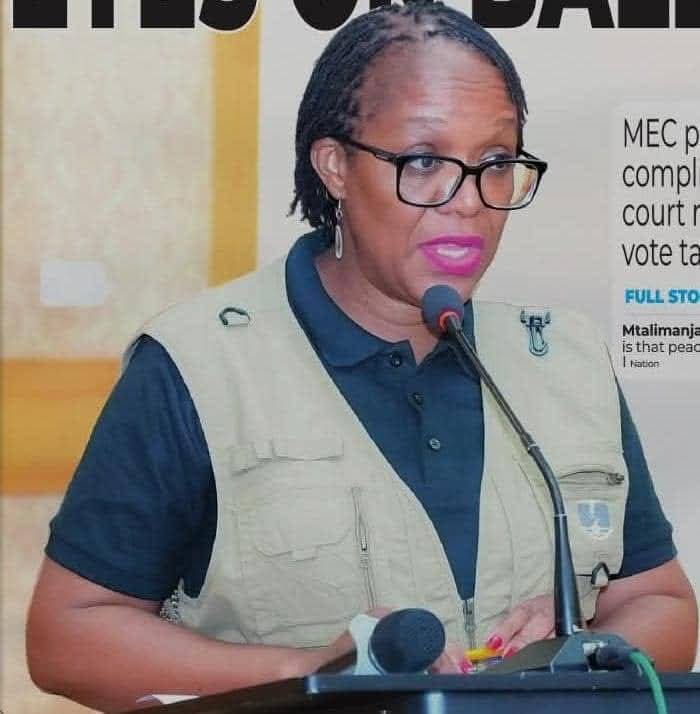By Suleman Chitera
Lilongwe, Malawi — Malawi’s road infrastructure development drive has received a major boost following confirmation that the Government of Japan has committed to support the expansion of a key section of the M1 Road into a dual-carriageway. The development was revealed after a meeting between Malawi’s Minister of Transport and Public Works, Hon. Dr. Feston Kaupa, M.P., and Japan’s Ambassador to Malawi, His Excellency Yoichi Oya, held in Lilongwe.
During the meeting, Dr. Kaupa expressed appreciation for Japan’s continuous support to Malawi, describing the engagement as a reflection of the strong diplomatic ties, mutual respect, and shared development vision between the two countries. He highlighted that Japan remains a critical development partner, particularly in the transport sector.
Investigative Report: How Nir Ges Obtained a Diplomatic Passport in Malawi
The discussions focused on Japan’s ongoing contributions to Malawi’s infrastructure growth as well as future cooperation areas. A key highlight was the proposed expansion of the M1 Road section from Malangalanga to Nathenje into a dual-carriageway, a project aimed at easing traffic congestion and transforming transport efficiency in the capital city and surrounding areas. Dr. Kaupa confirmed that Japan has already committed to supporting the project.
To kickstart implementation, a delegation of Japanese engineers is expected to arrive in Malawi soon to commence design and technical feasibility assessments for the road expansion.
National Development Priority
The M1 Road remains Malawi’s most vital transport corridor, linking major cities, economic zones, markets, and trade routes. Upgrading part of the road to a dual carriageway aligns with the government’s long-term infrastructure plan aimed at reducing traffic jams, cutting travel time, boosting trade, and enhancing road safety.
Diplomatic Passports for Sale? Malawi’s Honorary Consul Nir Gess and the Rot in the System
According to Dr. Kaupa, the project is part of broader national strategies to modernize transport infrastructure and support economic growth through improved mobility and logistics efficiency.
Expected Benefits of the M1 Dual-Carriage Project
Reduced traffic congestion within Lilongwe and surrounding areas
Improved road safety and reduced accident risk
Faster movement of goods and services, boosting commerce and investment
Enhanced regional connectivity and economic productivity
Better urban planning and route efficiency
Japan’s Continued Role in Malawi’s Development
Japan has been one of Malawi’s most dependable development partners, supporting infrastructure, agriculture, education, health, disaster-risk management, and human-capital development programs. The M1 dual-carriage project further strengthens bilateral cooperation and reflects Japan’s commitment to sustainable development in Malawi.
Diplomatic Passport Scandal in Malawi: Questions Surrounding Nir Gess and Abuse of State Privileges
Conclusion
The planned expansion marks a major milestone in Malawi’s journey toward modern, safe, and efficient road infrastructure. Once implemented, the new dual-carriageway is expected to provide long-term economic, social, and transportation benefits for citizens, businesses, and the nation at large.




